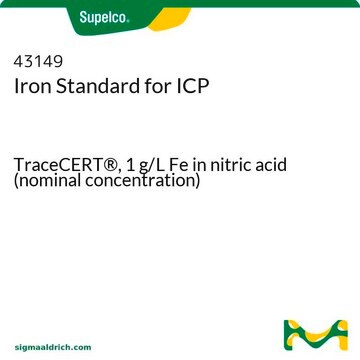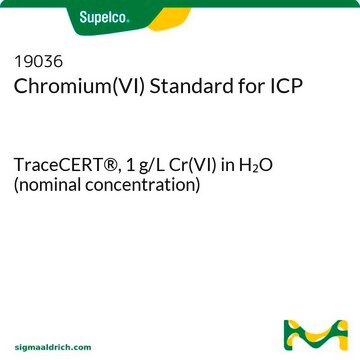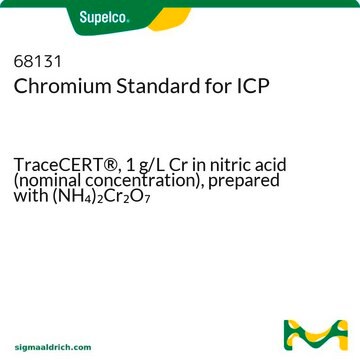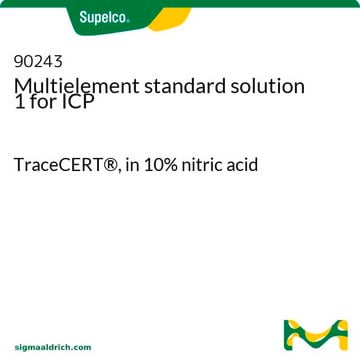A2129
γ-Aminobutyric acid
≥99% (TLC), powder or crystals, inhibitory neurotransmitter
Synonym(s):
GABA, Gammalon, gamma-Aminobutyric acid, 3-Carboxypropylamine, 4-Aminobutanoic acid, Piperidic acid, Piperidinic acid
About This Item
Recommended Products
product name
γ-Aminobutyric acid, ≥99%
Assay
≥99%
form
powder or crystals
storage condition
(Tightly closed. Dry.)
color
colorless
mp
195 °C (dec.) (lit.)
solubility
water: 50 mg/mL, clear, colorless
SMILES string
NCCCC(O)=O
InChI
1S/C4H9NO2/c5-3-1-2-4(6)7/h1-3,5H2,(H,6,7)
InChI key
BTCSSZJGUNDROE-UHFFFAOYSA-N
Gene Information
human ... GABBR1(2550) , GABBR2(9568) , GABRA1(2554) , GABRA2(2555) , GABRA3(2556) , GABRA4(2557) , GABRA5(2558) , GABRA6(2559) , GABRB1(2560) , GABRB2(2561) , GABRB3(2562) , SLC6A1(6529) , SLC6A11(6538) , SLC6A12(6539)
rat ... Gabbr1(81657) , Gabra1(29705) , Gabra2(29706) , Gabrb2(25451) , Gabrg2(29709) , Slc6a1(79212) , Slc6a12(50676)
Looking for similar products? Visit Product Comparison Guide
General description
Research area: Neuroscience
Application
- in the preparation of GABA–BSA (bovine serum albumin)–GA (glutaraldehyde) conjugate, which is used as a control for GABA immunostaining
- in the macromolecule suppressed detection of GABA by magnetic resonance spectroscopy (MRS)
- in the intraintestinal application of GABA in order to increase intraluminal fluid secretion
Biochem/physiol Actions
GABAergic neurons involve myorelaxation, anxiolytic treatment, sedation, and anesthetics. GABA can also influence heart rate and blood pressure.
GABA improves plasma concentration, growth hormone, and protein synthesis in the brain. It also plays a role in reducing blood pressure in humans. GABA acts as a potent hypotensive, diuretic, and antidiabetic agent. It also regulates serum lipids levels and the sensation of pain.
antibody
Storage Class Code
11 - Combustible Solids
WGK
WGK 1
Flash Point(F)
Not applicable
Flash Point(C)
Not applicable
Personal Protective Equipment
Certificates of Analysis (COA)
Search for Certificates of Analysis (COA) by entering the products Lot/Batch Number. Lot and Batch Numbers can be found on a product’s label following the words ‘Lot’ or ‘Batch’.
Already Own This Product?
Find documentation for the products that you have recently purchased in the Document Library.
Customers Also Viewed
Articles
Professor Rivnay (Northwestern University, USA) discusses using organic mixed conductors as an alternative to efficiently bridge the ionic world of biology with contemporary microelectronics.
Our team of scientists has experience in all areas of research including Life Science, Material Science, Chemical Synthesis, Chromatography, Analytical and many others.
Contact Technical Service













